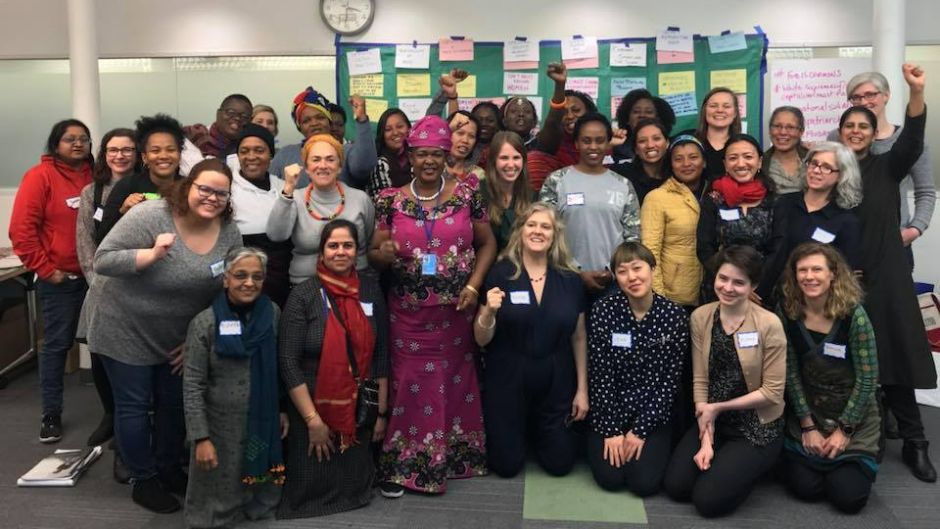Miami Law's Human Rights Program and partners will host a symposium on Food, Housing, and Racial Justice April 13, 2023, examining lessons and opportunities for addressing hunger and related human rights violations in communities of color. It will foreground lived experiences and strategies of survival and resistance around food insecurity, food system governance, access to land and natural resources, housing, and the environment.
“The need for deep reflection, innovative thinking, and joint strategizing concerning hunger and food equity that put the needs and interests of communities of color at the center is urgent," said Denisse Córdova Montes, acting associate director of Miami Law's Human Rights Clinic. "The symposium will expose the root causes of hunger, such as racism, poverty, and corporate control, and expand our understanding of the human right to food as an organizing and legal framework for coordinated reform in food and nutrition, agriculture, land, labor, housing, and urban planning policies."
The event, hosted by the University of Miami School of Law's Human Rights Program and Clinic, in collaboration with the Human Rights Society, West Virginia University Center for Resilient Communities, WhyHunger, and a growing National Right to Food Community of Practice, will bring together legislators, academics, students, and advocates on the front lines of food and housing efforts in the U.S. It will further reflect on ways to implement the United Nations Committee on Elimination of Racial Discrimination's Concluding Observations to the U.S. and discuss the new and revitalized focus on government action as the primary duty-bearer of human rights.
”The symposium further provides the opportunity to explore linkages between the right to food and the right to adequate housing and the role of art in exposing and addressing violations,” said Tamar Ezer, the clinic’s acting director.
According to published research, communities of color, including Black, Latinx, and Indigenous communities, immigrants, and low-income populations, experience higher rates of hunger, food insecurity, and homelessness in the U.S. The food insecurity rate of people of color in every state is consistently at least two to six times that of whites.
The U.S. has long failed to protect its people’s right to food in great part due to the legacy of racial discrimination and colonization that have given way to agricultural, food and nutrition, land, labor, housing, and urban planning policies that systemically deny food to communities of color. Black Americans make up 40% of the homeless population, while only 13% of the overall population. Moreover, intersecting discrimination based on race and gender exacerbates homelessness. Single women with children make up about 21% of the country’s homeless population, and about 50% include single Black mothers.
The event is open to the public and will be held at the University of Miami School of Law at 1331 Miller Drive in Coral Gables in the faculty meeting room from 10 a.m. to 5 p.m. The symposium is free with registration.
Read more about Miami Law's Human Rights Law Program

